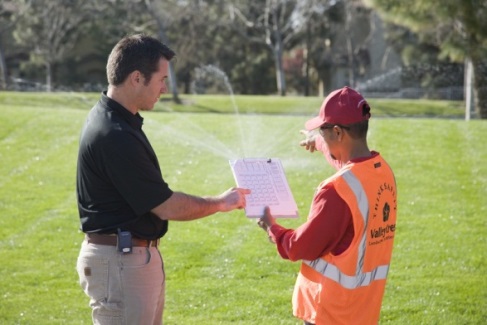When outdoor temperatures get too hot or too cold many property owners resign themselves to higher energy bills. But good managers understand that a penny saved goes straight to the bottom-line, therefore is truly a penny earned. You know and I know that when we talk about energy costs we are talking about more than pennies. Hundreds, even thousands of dollars can be saved with a few simple fixes.






